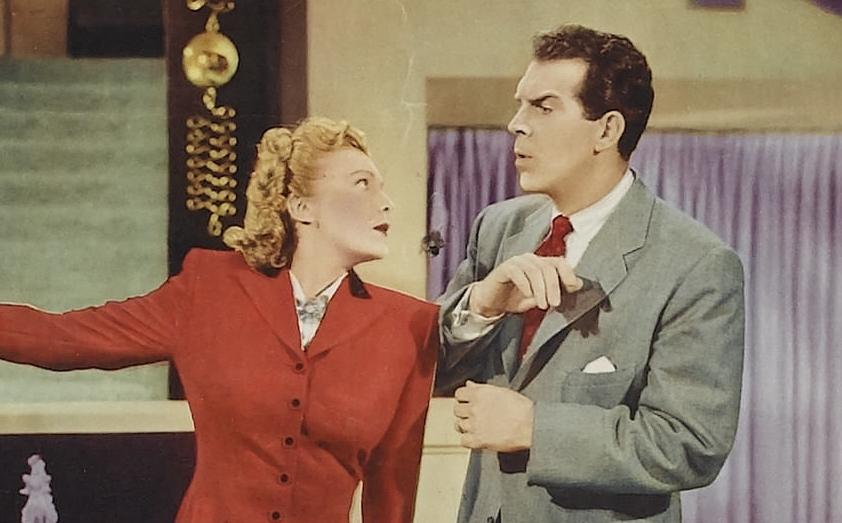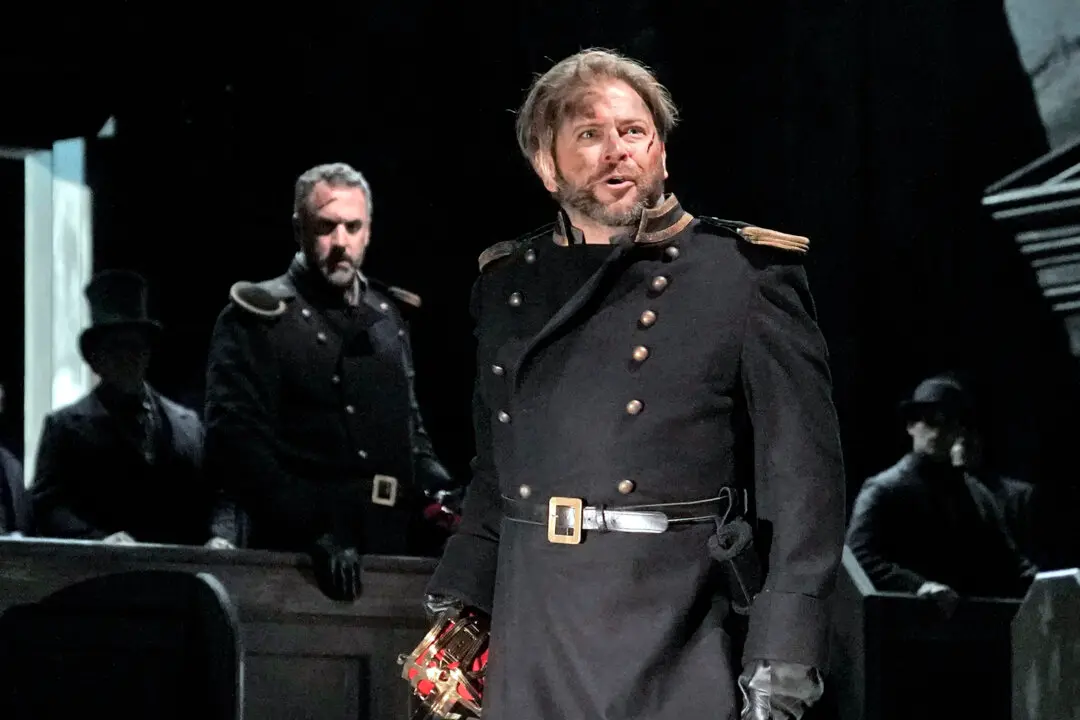Commentary
If you are familiar with old movies, you probably know about the big-name pictures like “Gone with the Wind,” “Casablanca,” and “The Maltese Falcon.” If you’re something of a fan, you know the names, faces, and biggest hits of the major stars from the 1930s-50s or whatever time period of films you consider to be classic. However, even the most ardent, TCM-watching, Warner Archive-subscribing, line-quoting old movie lover is bound to discover, upon reading the IMDb filmography of a classic star, that there are still countless old movies of which he has never even heard. These include not only obscure B pictures with lesser-known actors from Poverty Row studios but major studio films with A-list stars.





